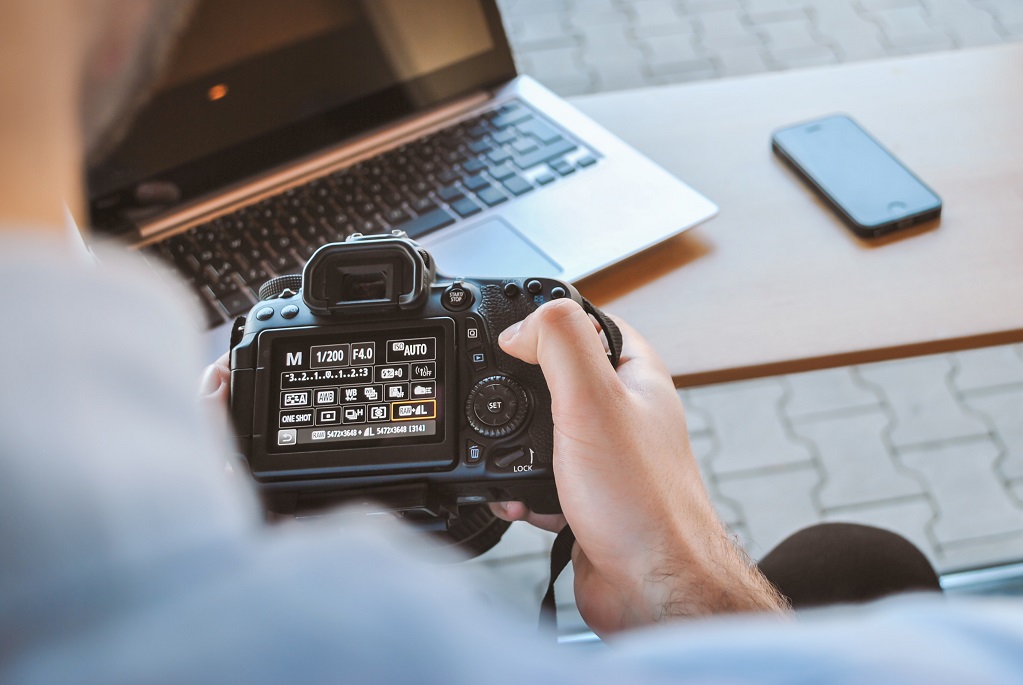How many times have you downloaded an image from the internet and it’s not in JPEG? Not very often, right? It’s a curious fact that one image format can be such a ubiquitous choice for people. It’s like the other format is completely redundant. Judging from the state of things, this format’s popularity will probably outlive us all.

When will JPEG Become Obsolete?
JPEG images are everywhere. The main reason is that this format is backed by the photography industry. Whatever camera you buy, it can save the images as JPEG This practice has been going on for decades and the industry is very reluctant to change. Their reluctance is, of course, understandable. After all, changing the hardware design to support other format is expensive. No one wants to put their money on a change that gives them nothing in return.
“Nothing in return?”
Yes, digital camera consumers are content with JPEG’s quality. Those who do have issues with JPEG’s lossy compression will buy higher-end cameras that support RAW. But for the common populace, there isn’t any push towards alternative file format as far as photography is concerned.
“Wasn’t there a format called JPEG 2000?”
Yes, there was. Sadly, it never took off. The first reason was that it’s a completely new format. There was no easy way to update hardware and software that support JPEG to support JPEG 2000. Everything had to be made from scratch.
The second reason was that the improvement brought by JPEG 2000 wasn’t significant enough to warrant any support from hardware manufacturers and software developers. JPEG 2000 also required much more memory, which at the time of its introduction was very expensive. As a result, no one wanted to make the first bold move to adopt this format.
In the end, JPEG 2000 couldn’t do much to shake JPEG off its throne as the most popular and widely supported image format.
“So, when will JPEG become obsolete?”
The only chance for JPEG to become obsolete is to have a new format supported by the photography industry and community as a whole. Apple with their iPhone could be it because iPhone photos are saved in HEIC format. But with iPhone sales declining year by year, Apple may no longer have the power to push JPEG out.
Android phones today also still favor JPEG over any other format for saving photos. Perhaps we will be stuck with JPEG as the “eternal” format for images. That is until Android developers decide they’ve had enough with JPEG. IDC forecast shows Android phones will have 86.7% market share this year. If one day Android phones switch to another format such as webP for saving photos, JPEG’s will surely be numbered.
